Games
Money Card
No need for a subliminal hook for future customers in this one--it's all explicit! Buy American Express Traveler's Cheques.The entry at Board Game Geek.
Posted By: Paul - Tue Jun 04, 2024 -
Comments (0)
Category: Business, Advertising, Games, Money, 1970s, Europe
Beer Puppetry
Inventor Avi Zadok was recently granted a patent (No. 11,974,655) for what he calls a "Beer Puppet." It's a contraption that allows people to dangle a cup of beer in front of themselves and manipulate it with strings like a puppet.Zadok argues in his patent that his invention can "increase the fun and social aspect of beer culture." He speculates it might be adopted by breweries looking for novel ways to market their product at beer festivals, sports games, etc.


I found a website, beerpuppeteergame.com, where you can buy one of these things (cost $115). And the video below shows beer puppetry in action. But it's not clear to me if the website is the work of Zadok or a rival. Perhaps there's fierce competition in the world of beer puppetry.
Posted By: Alex - Tue May 28, 2024 -
Comments (1)
Category: Games, Inebriation and Intoxicants, Patents
Multi-dimensional rotating chess
Recently patented by Craig Wallace Coulter. Patent No. 11,896,913.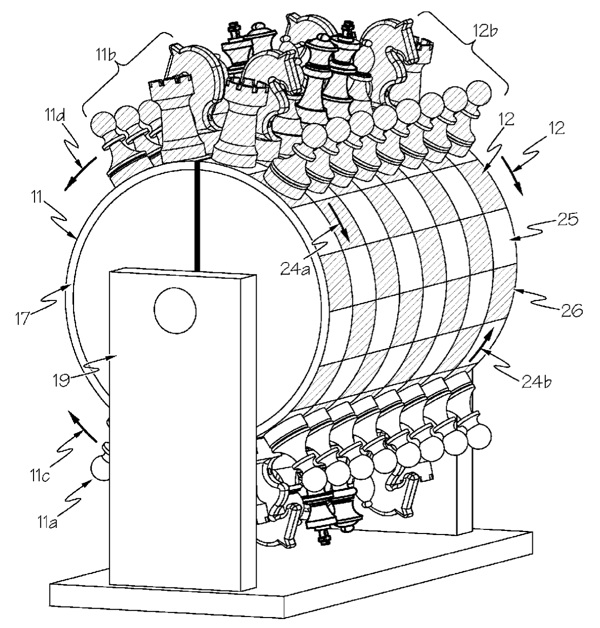
Posted By: Alex - Mon Apr 15, 2024 -
Comments (1)
Category: Games, Patents
Person-Alysis Game
Reveal which member of the family has an Oedipus Complex! Who's a sociopath? Good fun!The entry at Board Game Geek.
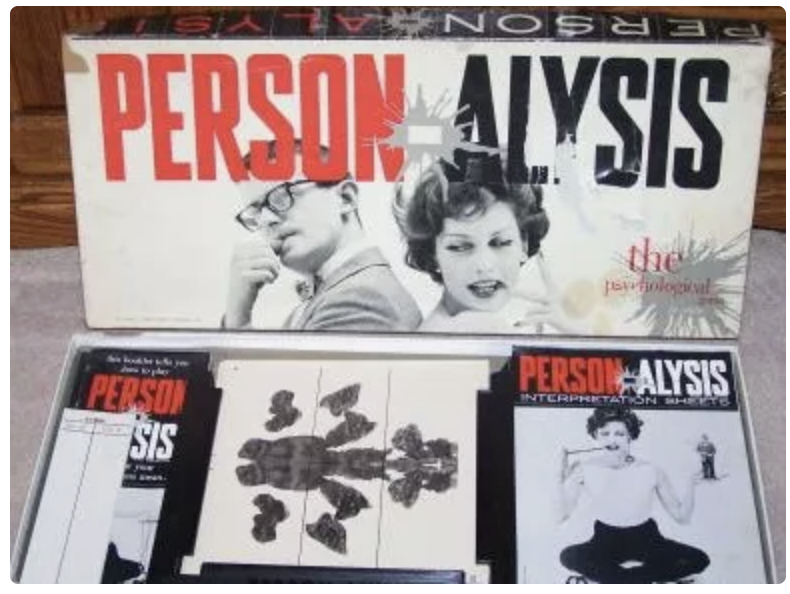
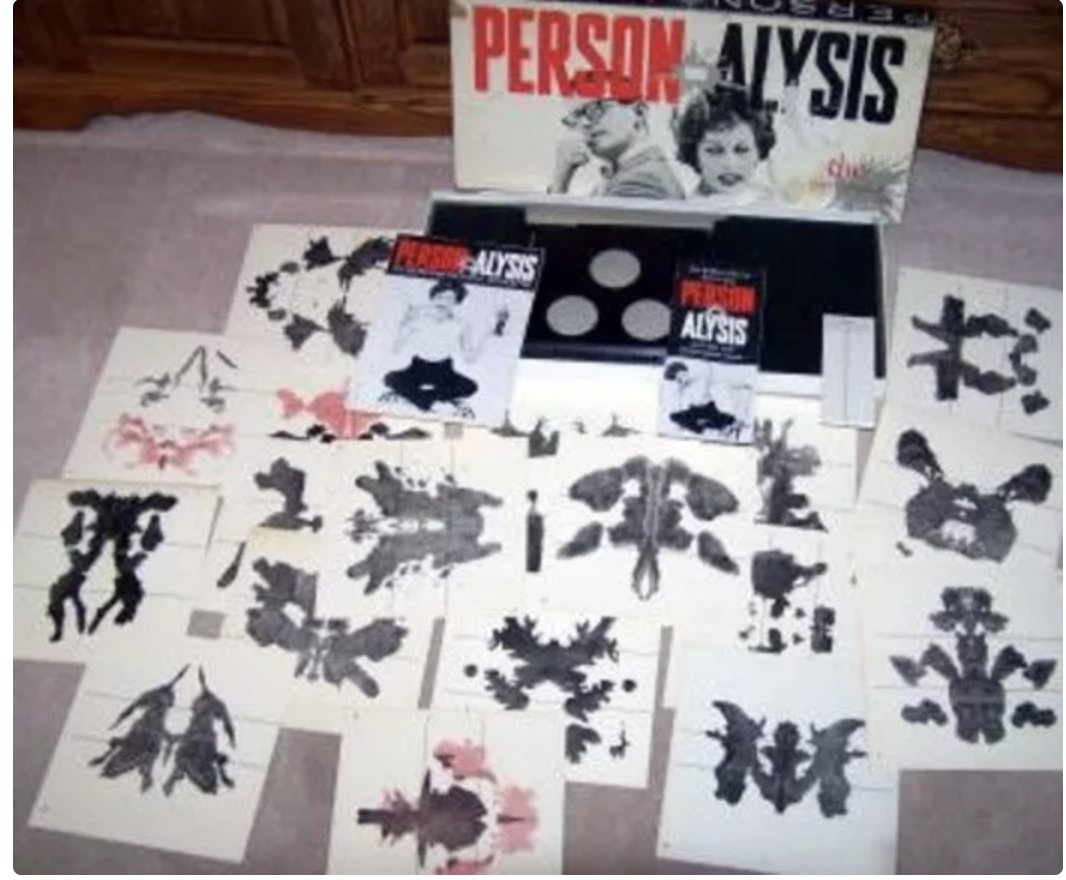
Posted By: Paul - Thu Mar 14, 2024 -
Comments (0)
Category: Bad Habits, Neuroses and Psychoses, Games, Hobbies and DIY, Psychology, 1950s
The Orgy Game
Even the legendary site Board Game Geek has no additional info on this item.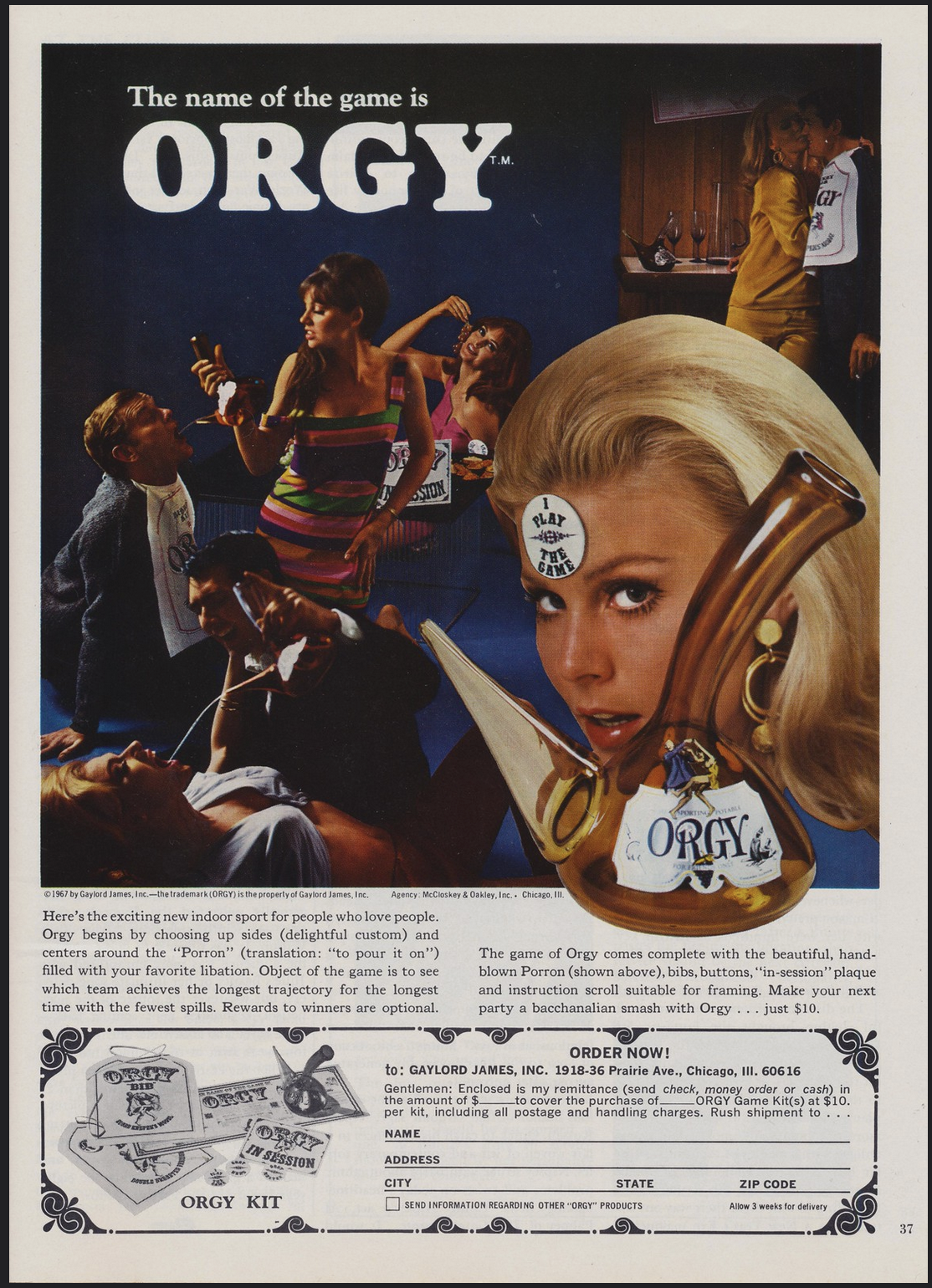
Posted By: Paul - Thu Feb 22, 2024 -
Comments (1)
Category: Games, Advertising, 1960s, Sex
Power Tennis
Thank god that video games were invented, to spare us from this.
Posted By: Paul - Sun Dec 24, 2023 -
Comments (0)
Category: Family, Games, Toys, 1970s
War of the Networks Board Game
Does it include dealing with a writers and actors strike?The entry at Board Game Geek.
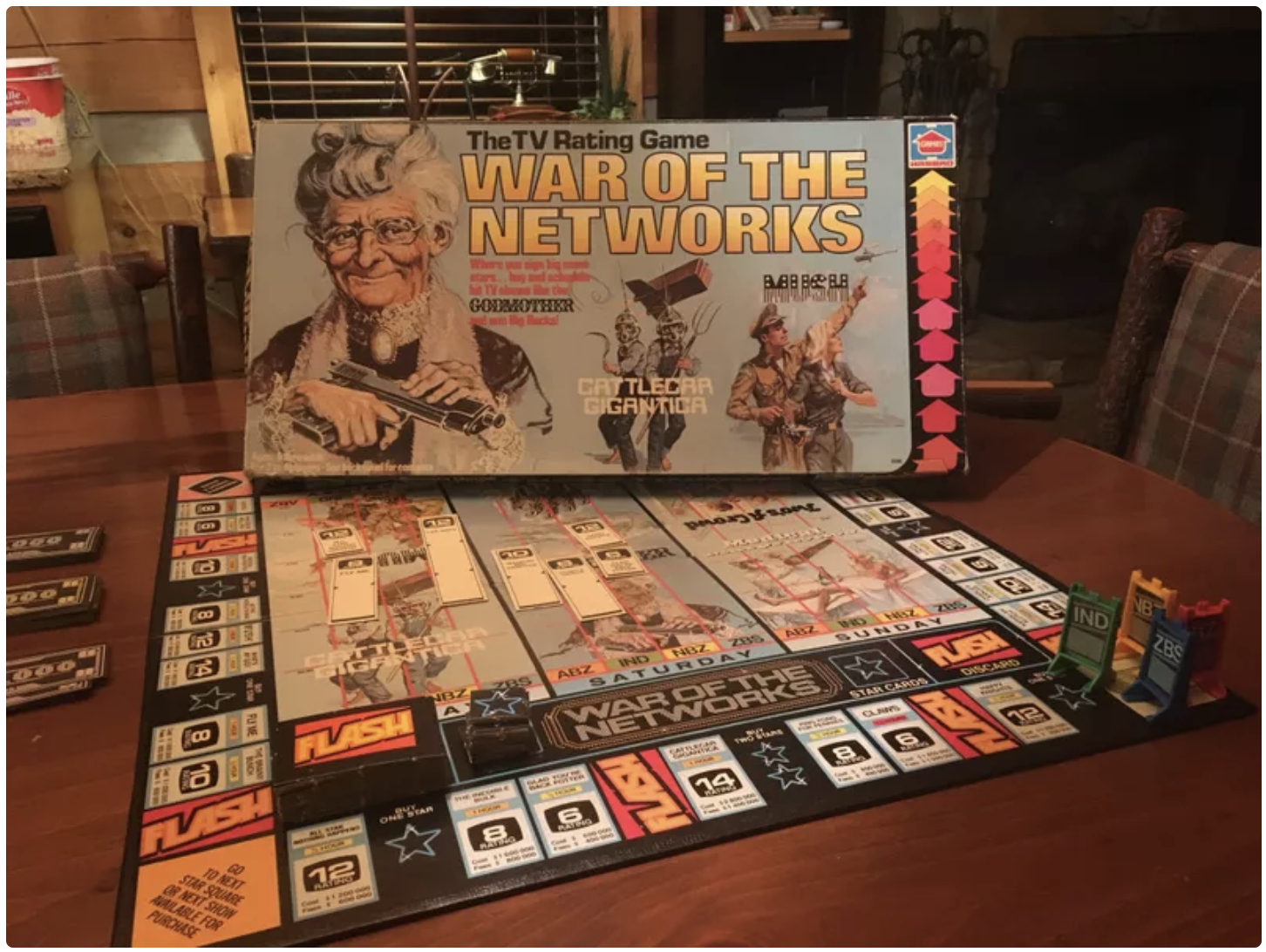
Posted By: Paul - Tue Oct 03, 2023 -
Comments (0)
Category: Games, Television, 1970s
Kreskin’s ESP Game
Kreskin's Wikipedia page.
Posted By: Paul - Sat Aug 26, 2023 -
Comments (3)
Category: Games, Supernatural, Occult, Paranormal, Advertising, 1960s
The Zip Code Boardgame
Trains children for future careers in snailmail.Entry at Board Game Geek is here.
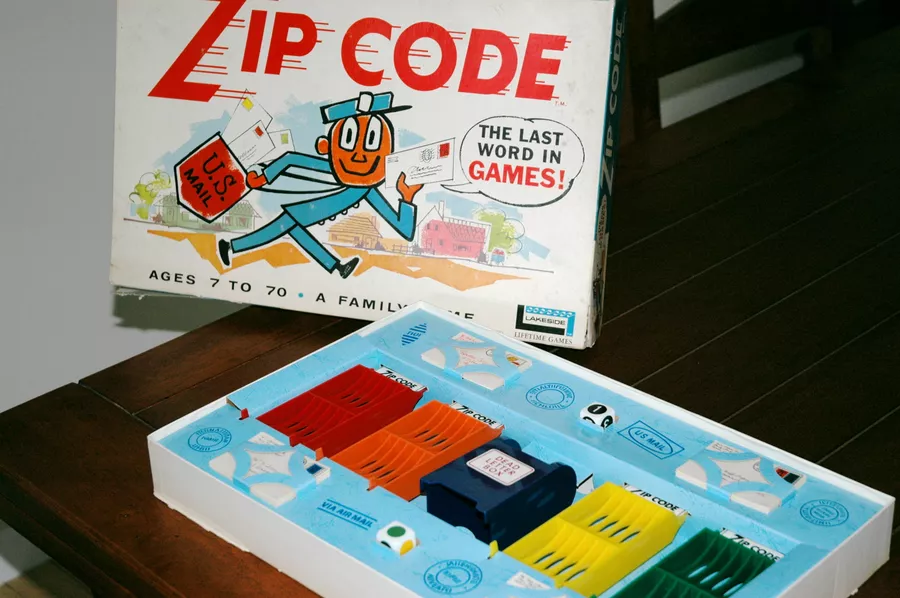
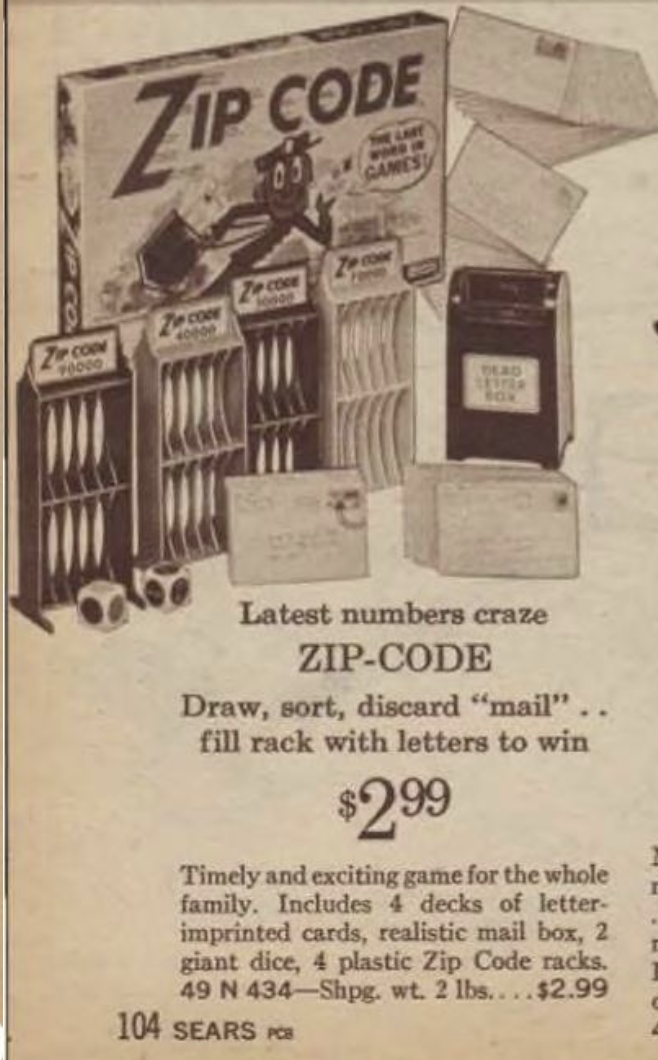
Posted By: Paul - Sat Aug 19, 2023 -
Comments (0)
Category: Games, 1960s, Postal Services
Happy Fourth of July 2023!
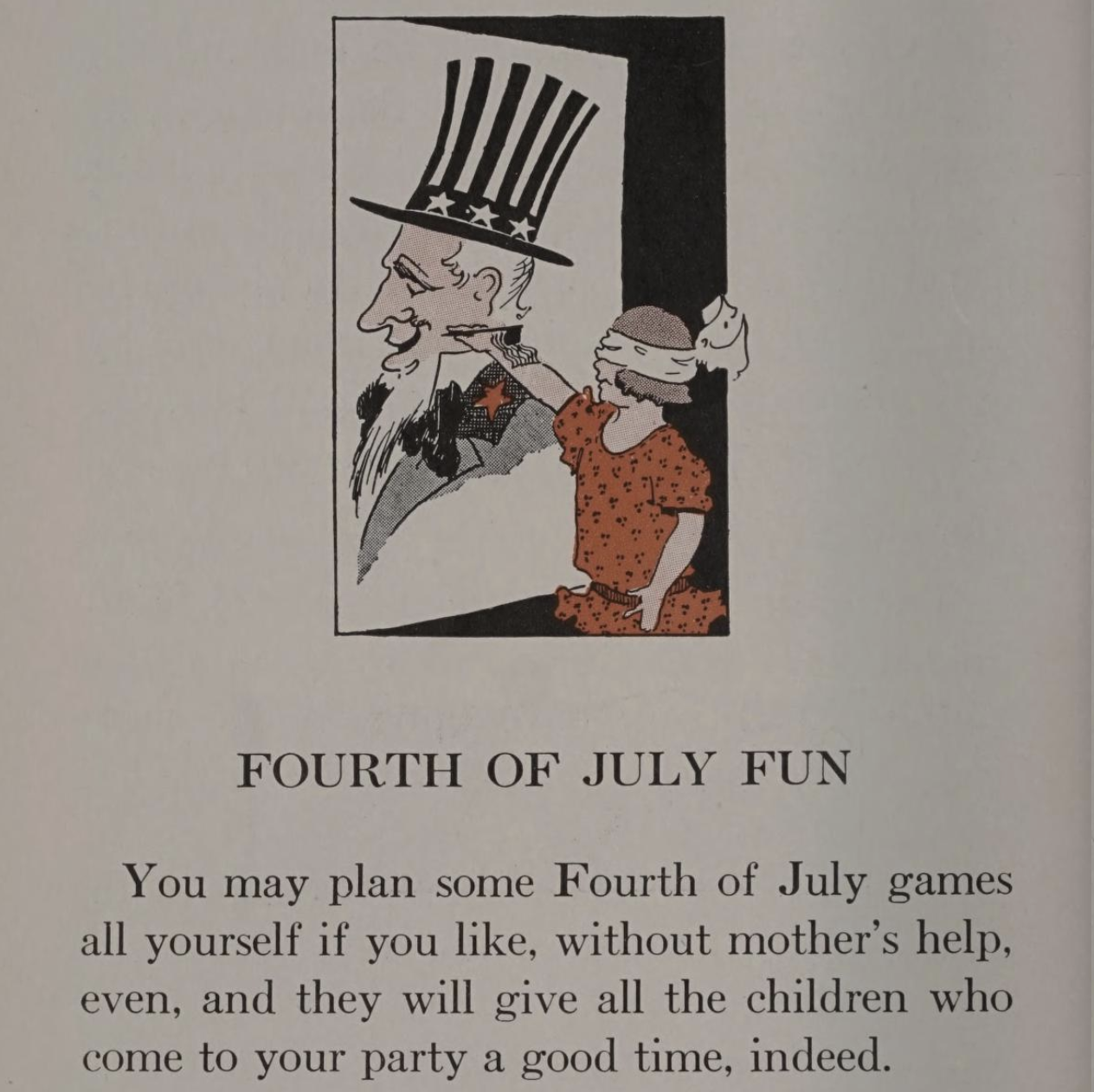
Posted By: Paul - Tue Jul 04, 2023 -
Comments (0)
Category: Games, Holidays, North America

| Who We Are |
|---|
| Alex Boese Alex is the creator and curator of the Museum of Hoaxes. He's also the author of various weird, non-fiction, science-themed books such as Elephants on Acid and Psychedelic Apes. Paul Di Filippo Paul has been paid to put weird ideas into fictional form for over thirty years, in his career as a noted science fiction writer. He has recently begun blogging on many curious topics with three fellow writers at The Inferior 4+1. Contact Us |




